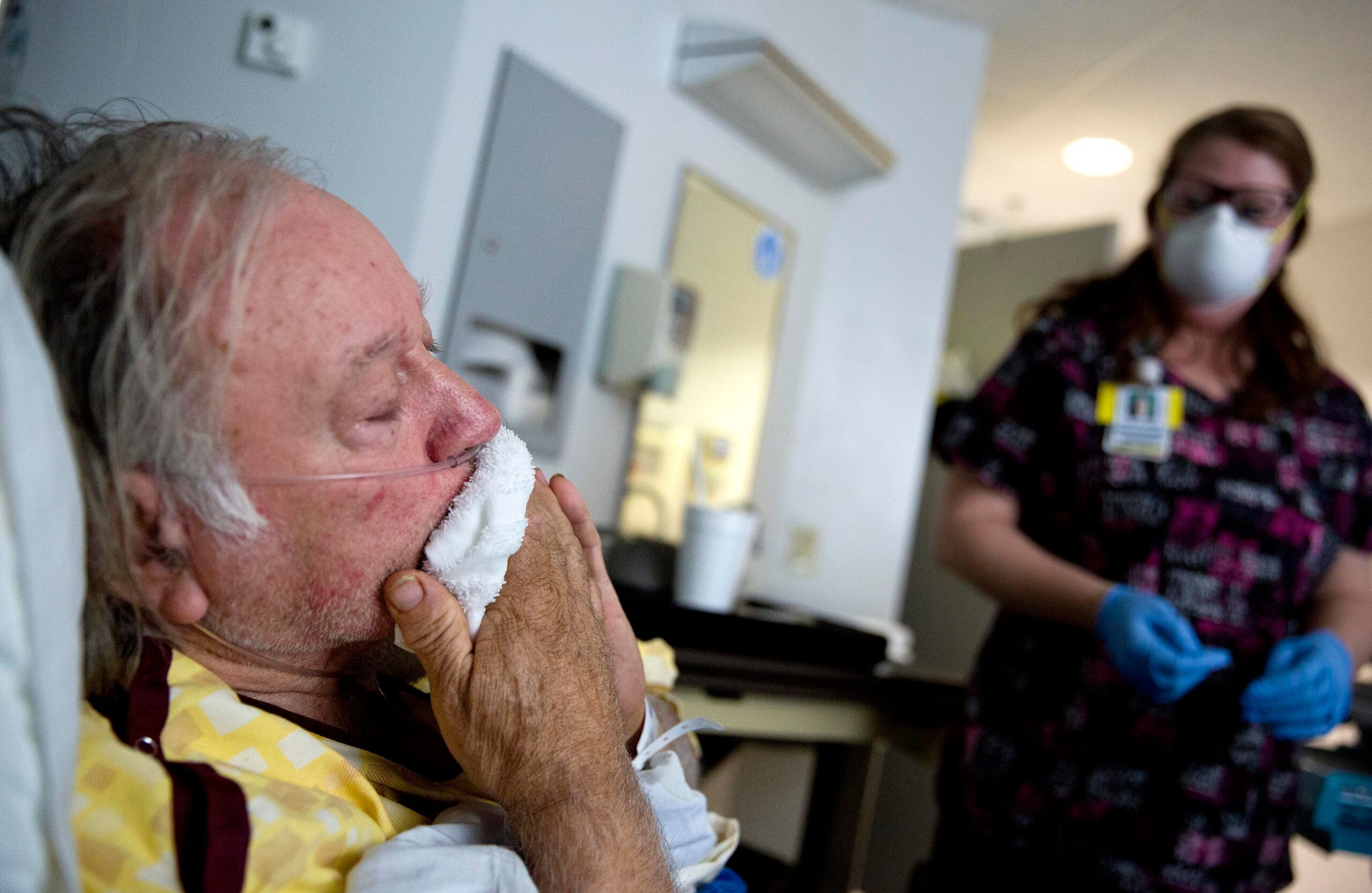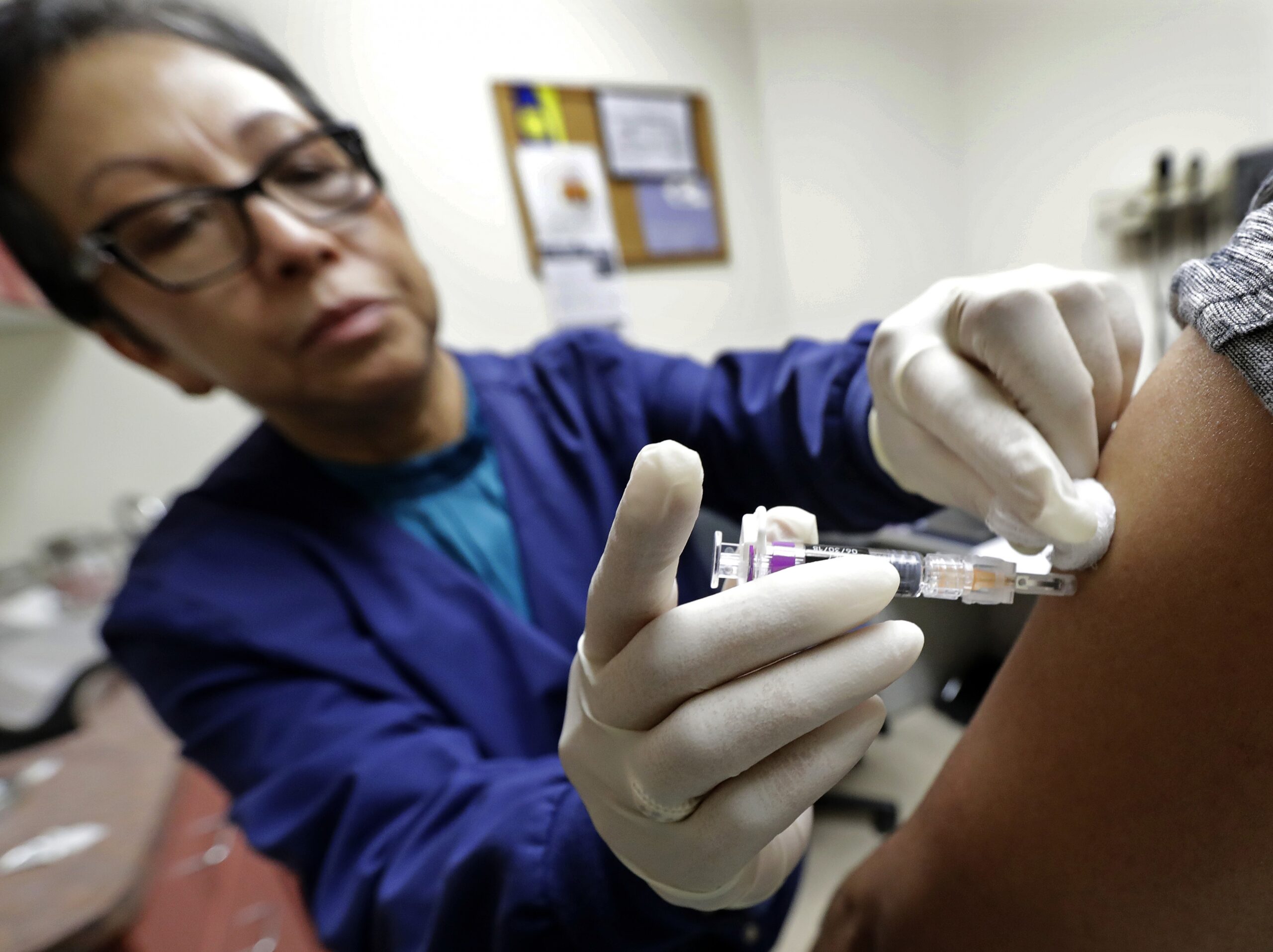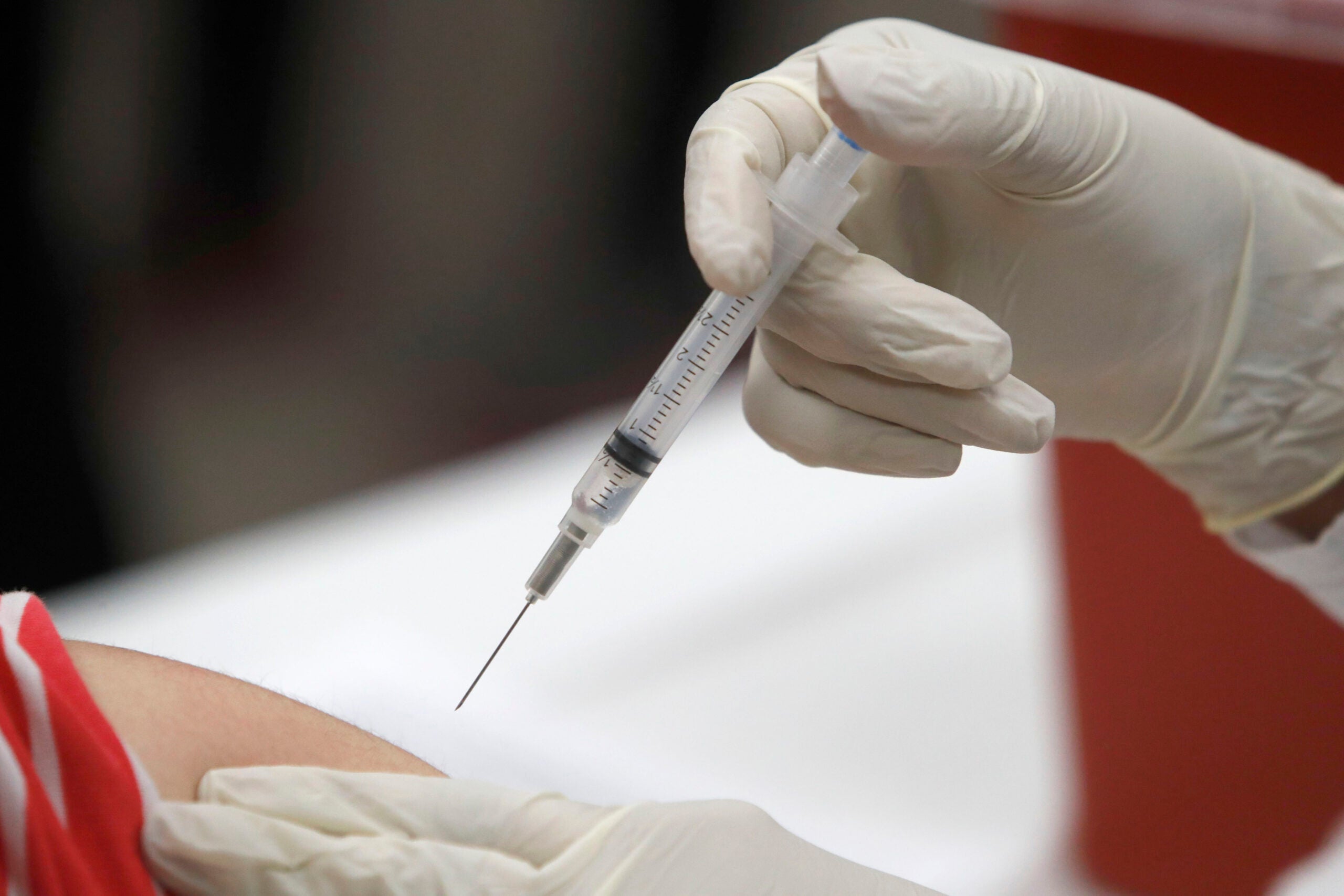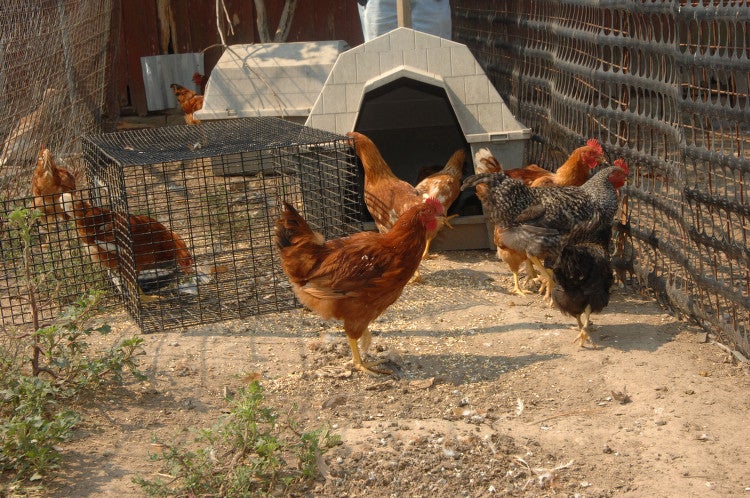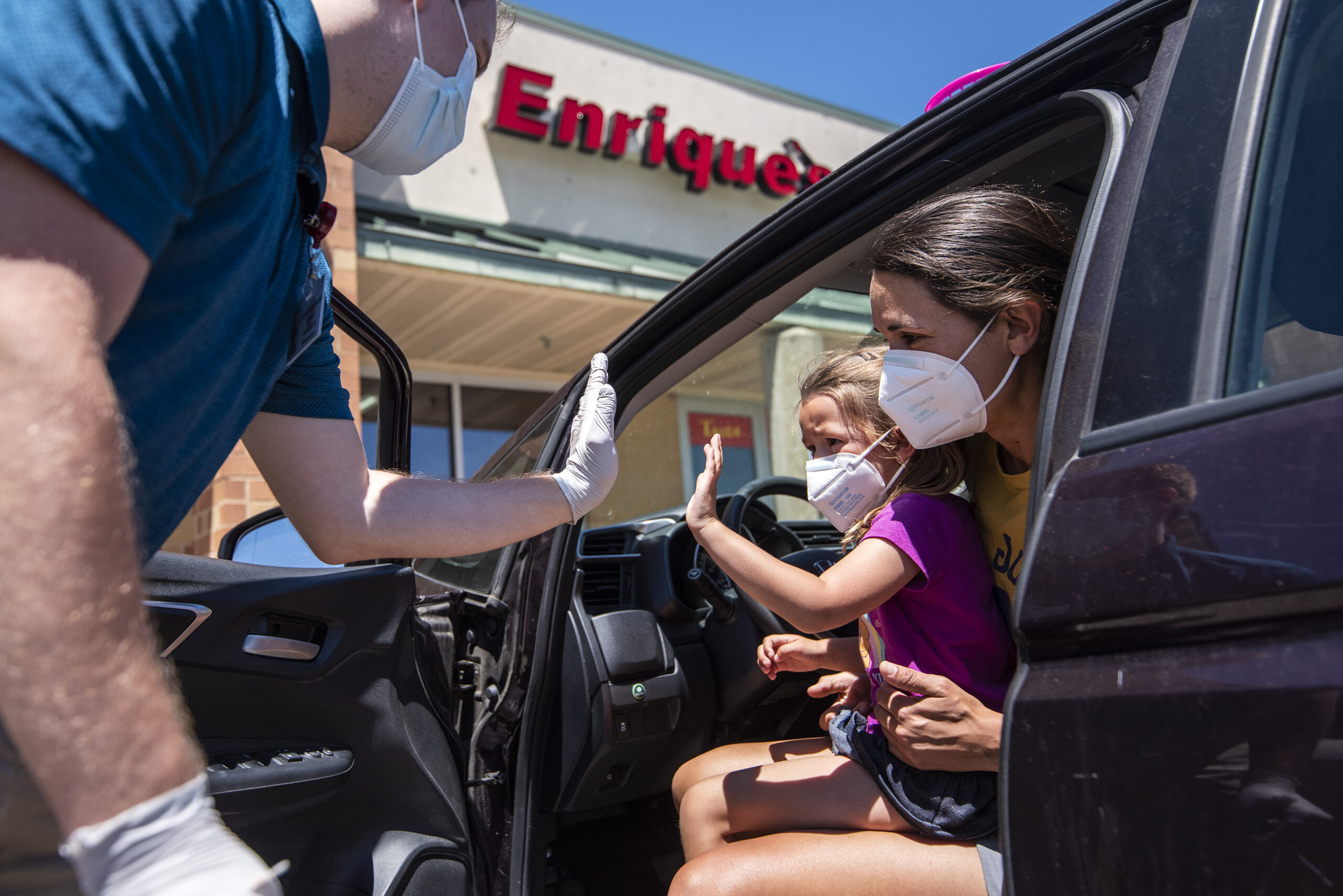Wisconsinites have seen milder flu seasons the last two years. But health leaders are calling on residents to get their annual flu shot ahead of what could be a more severe season this winter.
Megan Meller, infection preventionist for Gundersen Health System in La Crosse, said mild flu seasons are historically followed by more severe years. She said countries in the Southern Hemisphere, like Australia, have seen more cases starting earlier in their winter season, indicating the U.S. and other Northern Hemisphere countries could face something similar.
“Right now, the current data out of the U.S. is showing similar trends and so it’s really important for everyone to go get their flu shot,” she said.
Stay informed on the latest news
Sign up for WPR’s email newsletter.
Tom Haupt is influenza surveillance coordinator for the state Department of Health Services. He said the last two winters during the COVID-19 pandemic have made it more difficult to predict this year’s flu season trends. He points out that health professionals made similar predictions of a “twin-demic” of influenza and COVID-19 last winter, but the U.S. flu season ended up being relatively mild.
Still, he said DHS and the state’s medical community are hoping to boost flu vaccination rates this year and reverse the trend of the last two years when rates have declined.
He said only about 40 percent of Wisconsinites got the flu shot last year, a rate he calls “very disappointing” after vaccination rates hit a record high of nearly 45 percent during the 2019-2020 season.
“The pandemic has taken its toll on other vaccinations, childhood vaccinations, for example, and influenza vaccination. So we’re really trying to work up a better campaign this year to get people to realize that in addition to COVID, influenza is still around,” Haupt said.
Haupt said the decline in vaccination rates is likely due to a combination of factors, including fewer people accessing preventive care during the height of the COVID-19 pandemic and increasing vaccine hesitancy. He said the influx of anti-vaccine rhetoric around the COVID-19 vaccine has likely played a role.
“They are very vocal, and we have done the very best we can to dismiss that and to basically tell the truth about vaccines — that they are safe and that they are effective. And that in many cases they will prevent illness, but if you do get sick after being vaccinated, your illness will not be as severe and you should not have to get any medical attention,” Haupt said.
Meller echoed these benefits of the flu shot, saying the vaccine “is very good at keeping people out of hospitals.” She said it’s especially important for people with underlying health conditions, the elderly, young children and people who are pregnant, who can pass immunity to their babies.
She said flu shots are already available at many locations and people should get the shot now in order to have the best immunity when influenza cases start increasing.
Health leaders in Wisconsin and across the country are also hoping eligible people will get the new COVID-19 booster ahead of this winter.
Earlier this month, the Centers for Disease Control and Prevention approved the updated boosters, which target both the original virus strain and the newer Omicron subvariants. The new booster is recommended for people over the age of 12 who have completed the primary COVID-19 vaccine series and have not received another COVID-19 vaccine dose in the past two months.
Meller said it’s too soon to tell how interested people are in the new booster, but she said health care providers are optimistic the combination shot will be attractive to some who have been hesitant to get the additional shot.
“As we get more into this one-and-done vaccine booster, I think that’s going to be a lot more palatable to a lot of people than getting multiple boosters,” she said.
Haupt said the state’s allocation of the bivalent booster is still being shipped, but the agency is optimistic that it will be well-received.
Wisconsin Public Radio, © Copyright 2025, Board of Regents of the University of Wisconsin System and Wisconsin Educational Communications Board.
